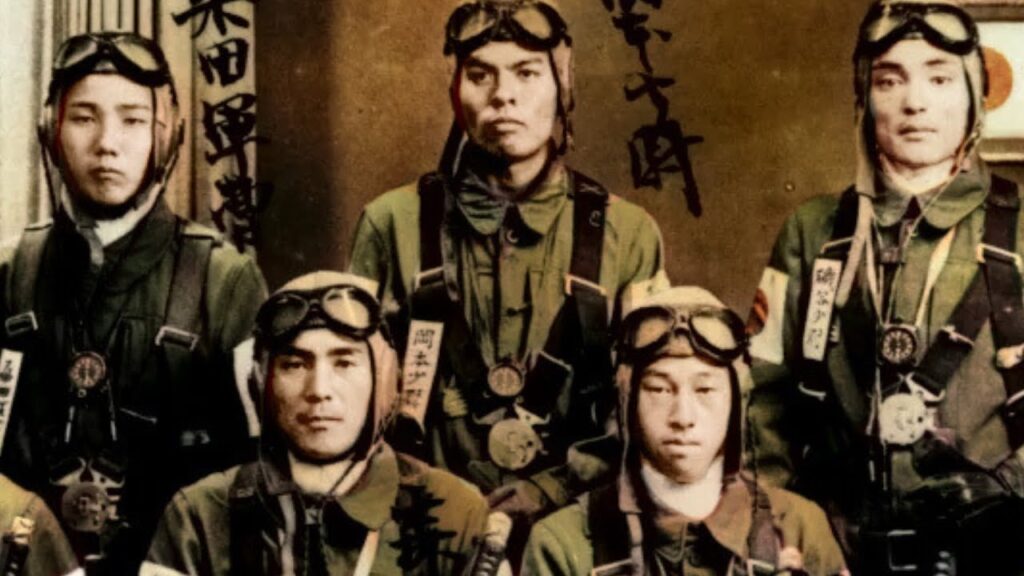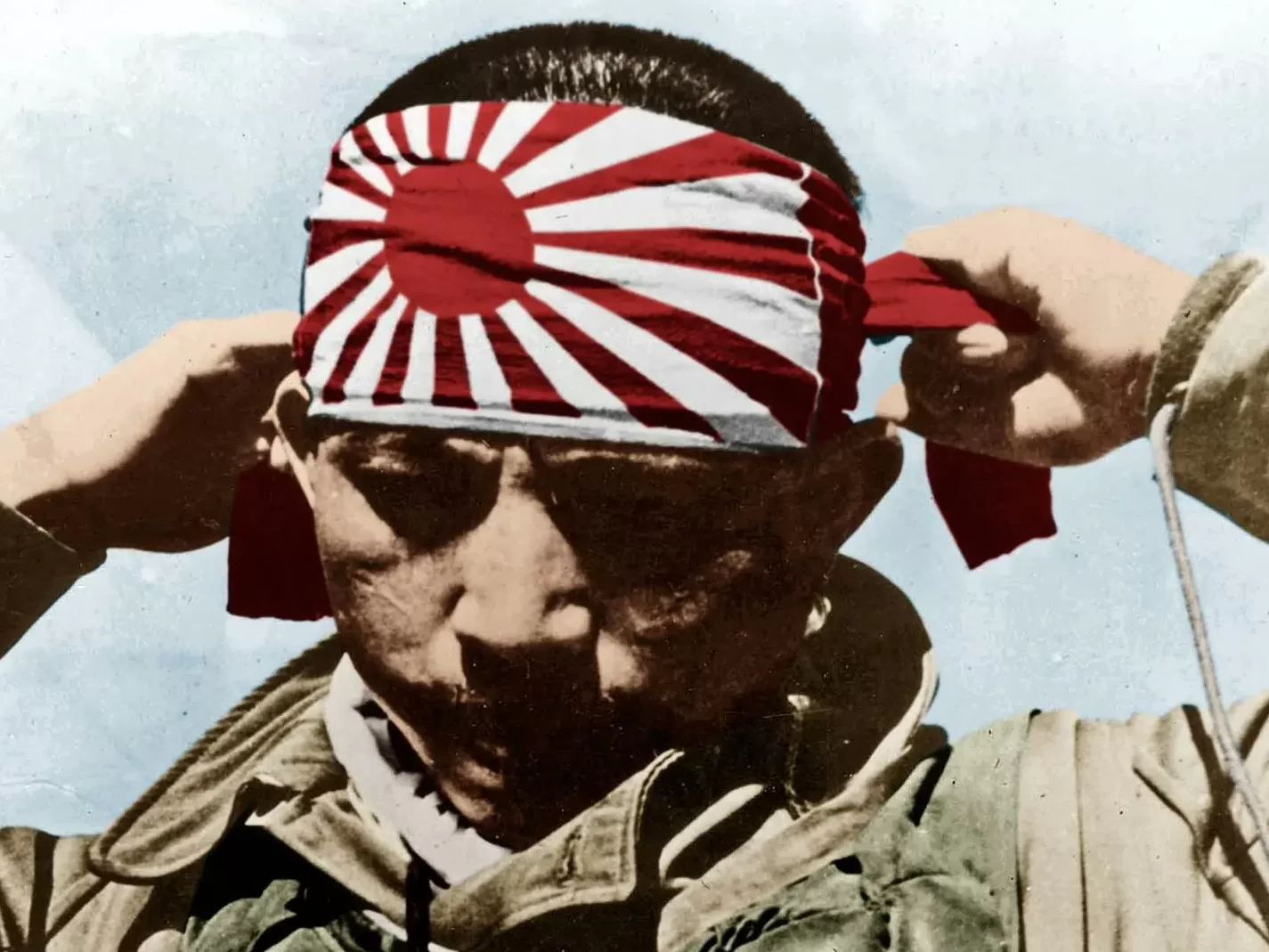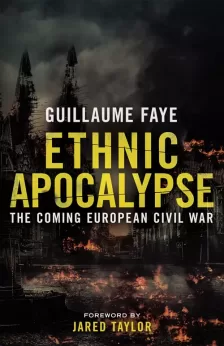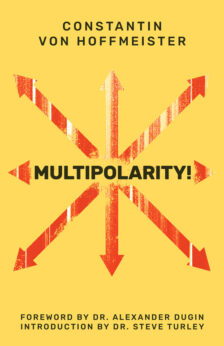We load fuel for a one-way trip – tentsurushan
Loaded with tears.
Our destination is Ryūkyū, the journey of death and departure,
Oh, the journey of death and departure.Away from the earth – tentsurushan
Farewell to this world.
We think about our mothers’ faces,
Oh, our mothers’ faces.Come rain, come rain – tentsurushan
At least let it rain.
This pain from us as we prepare,
Oh, this pain.Anthem of the Special Attack Forces
It is a saddening fact that there are so few true stories of beauty in war, in which the blood of millions was shed, that can truly lift our hearts. There is a dearth of beautiful stories that truly appeal to the human soul. This is true during any war, although today I speak of the past. There are few alive today who see beauty in the Pacific War. Some may say this is due to the fact that the Imperial Japanese military’s policy of leadership was so inhuman that, for example, soldiers who would have died screaming “mother” were forced to shout “Long live the Emperor” at all costs.
However, it is neither rational nor healthy to interpret everything related to the war in a negative way. Certainly, it was natural that the military’s culpability in the defeat of the war was exposed, but it is a blatant lie to claim that there were no acts of beauty. Such deliberately negative interpretations are invariably the product of the excessive sentimentality of those who cannot help but see pacifism as an unmitigated good. But in times of peace, there is little opportunity for the beauty of heroism to be revealed. Is it possible to find the required passion for martyrdom in the spontaneous, human way of life? Only war reveals the greatest heights and lowest depths of the human condition.
For example, during the war, the suicide pilots heroically scattered as the blossoms of national defense, but after the defeat, they were exclusively depicted as suicide pilots who did not, in fact, want to die, and in the present era, pacifists contend that there is no such thing as martyred suicide pilots. Kamikaze tactics, also known as tokkō or “special attack” tactics, involved the use of suicide pilots and, rarely, boats with the primary objective of causing maximum damage to enemy naval vessels. The typical kamikaze pilot did not expect to return from his sortie.
It is a human instinct not to want to die, and even suicide is often a variant of the struggle to exist. One can assume, as well, that there are few soldiers who would express an outright desire for death. Still, there was a passion for martyrdom that burned in the hearts of these young men, and we must not forget to respect and love the dignity of those who died so passionately while struggling with the instinct not to die. It is necessary for us to uncover the quagmire of accumulated evil from the war, expose it to the sun, dry it out, reveal its true nature, and use it as a platform for self-reflection and the construction of tomorrow. With the rising tide of American illiberal leftism, it is clear that this reflection is still necessary. But at the same time, we must search for and extract the flowers of truth from the war, decorate our altars in secret, and strive and hope for more beautiful flowers to bloom in tomorrow’s light.
I generally appreciate the idea of suicide missions, even as a method of warfare. The origins of kamikaze tactics can be traced back to Japan’s dire situation in the later stages of the war. As the tide of the war turned against Japan and enemy forces began advancing in the Pacific, Japan’s military leadership sought desperate measures to defend their homeland. Kamikaze tactics were born out of a combination of desperation, nationalistic fervor, and the willingness of young Japanese men to sacrifice themselves for their country. Many say that the suicide missions were cruel, but one could also argue that it was the war itself that was cruel, and when it comes to war, we have no choice but to fight with all our wits and resources. The suicide pilots died with dignity. There were millions of soldiers who died on those plains, on those beaches, in those jungles, flailing around in the mud like clay dolls, far more miserably than the suicide pilots. If anything is to be cursed and hated, it is the nature of war itself, rather than any specific war or tactic. In the midst of the war, however, I think that the kamikaze pilots were, nevertheless, pure and lovely blossoms, representative of the spirit of ancient Japan.
As a method of warfare, the use of kamikaze pilots was a superior one for Japan. It was impossible to fight a proper war with an industrial power that was several orders of magnitude greater than Japan’s. Therefore, rather than doing something unplanned and desperate when the situation became critical, I believe that Japan could have compensated for its industrial inferiority to a great extent if it had switched its aviation industry to specialize in suicide attacks from the beginning of the war and organized itself to specialize in one-way aircraft, rather than producing heavy bombs or other weaponry. It is a terrible crime to send one’s sons to their deaths, but as long as there is such a thing as war, young death is inevitable. The Japanese military’s operations were so indisputably poorly organized that even the link between industrial power and operations was not systematically planned. Thus, there was little significant new weaponry, the most original of which was the suicide attack squadron. The special attack forces were not only soldiers, but weapons. They were both pilots and instruments of the simplest process for supplying industrial power.
I am a scholar of literature, a skeptic by nature, and someone who continues to doubt humanity to the death, but I prefer not to doubt the sentiments of the suicide pilots. In the end, theirs was a struggle against the instinct not to die. They became bombs themselves and hit enemy ships. No, many of them would have been shot down on the way, but I would have liked to see all of them honored for the few that plunged into the enemy ships. They themselves became sparks of fire, and in the sparks of fire, the sad history of their twenty-odd years bloomed and disappeared. At the base, one cannot speak as to the character of individual pilots. They were fundamentally human, heroic as their deaths may have been. They were sons and husbands, afraid of death, in love with life, perhaps more in love with their nation than anyone else in the world, yet they were patriotic poets. A poet is one who dedicates his life to beauty. There is no need for him to do so; it is a calling. Although a man may be a pure poet, it is difficult to fathom that he could sacrifice his life entirely without hesitation. Such a being cannot exist. After the war, it became fashionable to deride the kamikaze pilots as cowards. There was even a ridiculous rumor that they were welded into their cockpits so as not to bail out. Naturally, these young men felt trepidation before their final flights, but these were disciplined young men, many of whom had trained as pilots since the age of sixteen. What is the point of exposing that lost figure? And why should such figures be so mercilessly attacked? Such efforts are entirely vindictive, and the product of minds that cannot fathom being placed in such a desperate position.
Let us desperately love and protect the fact that even we foolish humans can sometimes reach such a glorious and supreme state of being. Even if the kamikaze pilots were puppets manipulated by the military, as many modern so-called historians contend, why should they be puppets fighting desperately against death, and that suffered and completed the sacrifice of their lives for their country?
Many see the act of selflessness as the highest form of humanity, but in the Japanese way, the actions of the special attack forces are unmistakably the example of selfless devotion, and during the war, it was a very easy thing to say, but not one person in a million could have done such a thing. War kills ordinary men who sacrifice their lives for others. To sacrifice one’s life for the sake of others, the war made it extremely easy for ordinary men to perform miracles. Indeed, kamikaze attacks were primarily conducted by pilots who were often very young and motivated by a sense of duty, loyalty to the Emperor, and a belief in the righteousness of their cause. Suicide pilots remain a poignant symbol of the sacrifices made by individuals in the name of duty and loyalty during a time of great adversity.
During the American occupation of Japan, a popular expression stated that that war performed a miracle; others, in opposition, said that the true nature of the miracle was in the fact that it “forced” people to sacrifice their lives for the sake of their country. It is not a miracle, these pacifists claimed, it was externally forced. But they forget that this is the nature of war. There is no freedom in that character. Even if we allow the maximum freedom allowed by the strategy, there is no true freedom in war, and soldiers are not individuals after all, but emissaries of their nations. But, there are many men who choose to be soldiers, and their autonomy should be acknowledged. Additionally, it is important to acknowledge that not all kamikaze pilots were forced into their roles. Many volunteered for these missions, fully aware of the high likelihood of their deaths. These individuals saw themselves as defending their homeland and upholding a long-standing tradition of self-sacrifice in Japanese culture.
It is natural for man to curse futile death. Those who do not curse are not human. We are compelled to live, whether we want to or not. Some have said that this manner of death in war was a gratuitous act, but even though it is the highest form of humanity, many people rather love mediocrity; they love the small peace of a small existence. To coerce such men into physical violence can be seen as the ultimate in violence. And I am sure that many of the pilots cursed the war. However, in such a discussion, I think it is necessary to forget that they were “forced” to do so. Because they were forced, not to be human, but to be instruments. However, what began next was their personal struggle with death, their human suffering, and although it was caused by coercion, combustion is an entirely distinct thing, and it is possible to separate it from coercion and look at it as another thing, entirely. No, I rather think it is more legitimate to separate it and see it as a thing in itself, and I would like to honor with the greatest praise the passion for martyrdom that resulted from the struggle.
It is a great hope that ordinary people can also achieve such noble deeds, even if they are the result of coercion. What is this if not inspiring? It is especially harmful to put a futile sting on something and to deliberately interpret it in a negative and frankly insulting way. The germination of the truth of beauty and nobility must be desperately protected and nurtured. Once again, it is very easy to curse the war. But I will forever praise the kamikaze pilots. For their human anguish, their agony, and their lives given for the sake of their country and others.








